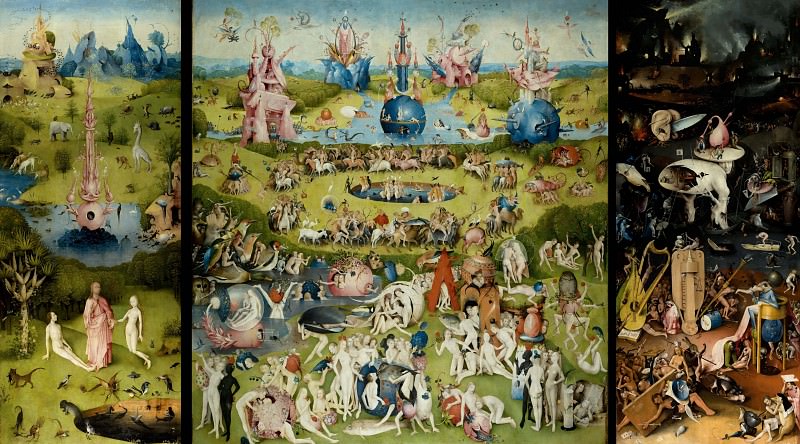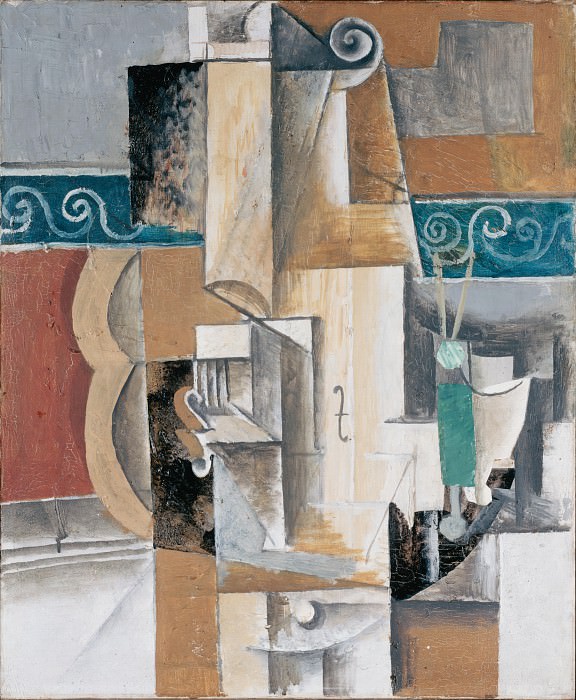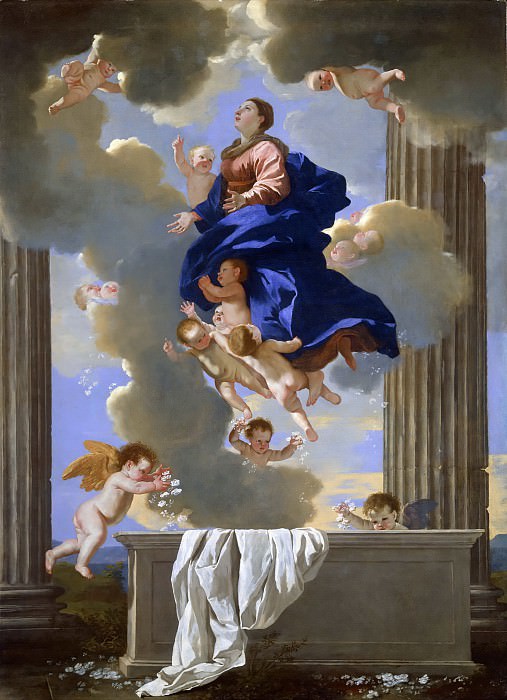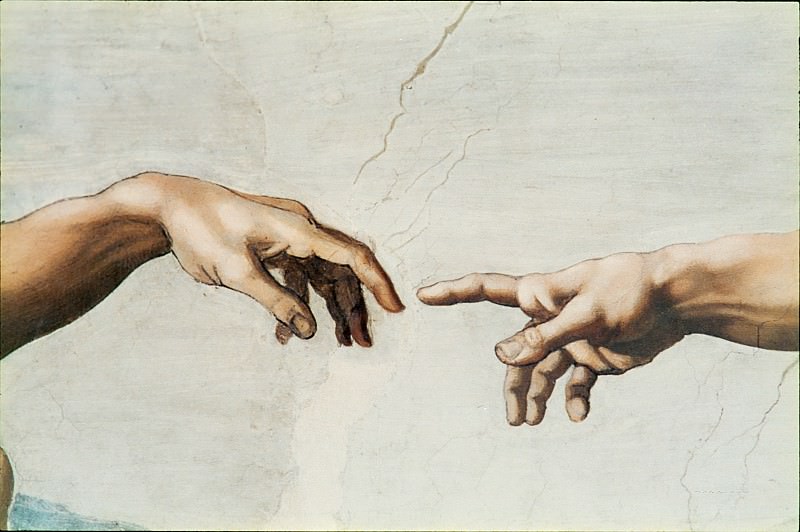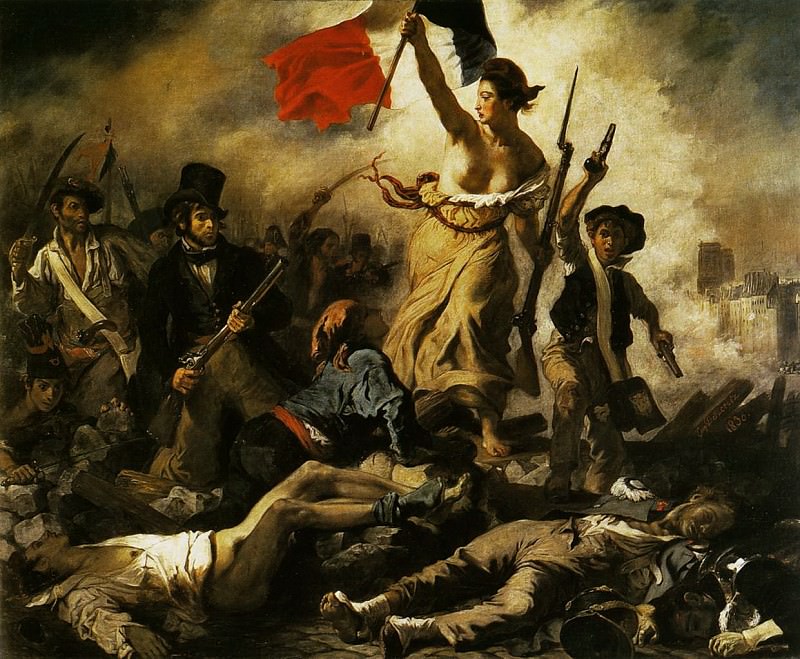Charles Eames: The Visionary Behind Mid-Century Modern Art
Charles Eames is a name synonymous with innovation, creativity, and a profound impact on the world of art and design. Though widely recognized for his contributions to furniture design, particularly with his iconic Eames Lounge Chair, Charles Eames' influence extends far beyond furniture. His work encompasses various forms of art, from architecture to photography, and his vision has left an indelible mark on mid-century modern art.
The Intersection of Art and Functionality
Charles Eames, along with his wife Ray Eames, was a pioneer in bridging the gap between art and functionality. His philosophy was that design should not only be beautiful but also serve a practical purpose. This belief is evident in his approach to furniture design, where he prioritized comfort and utility without sacrificing aesthetic appeal. The Eames Lounge Chair, for instance, is a perfect example of this fusion of art and function. Its sleek lines and ergonomic design have made it a timeless piece of art that is also a comfortable chair.
Eames' work challenges the traditional notion of art as something to be admired from a distance. Instead, he believed that art should be experienced, interacted with, and used in everyday life. This approach democratized art, making it accessible to a broader audience and integrating it into the fabric of daily living.
Innovations in Materials and Techniques
Charles Eames was not content with merely creating beautiful objects; he was also deeply invested in exploring new materials and techniques. His experimentation with plywood, fiberglass, and other materials revolutionized the design world. The Eames Molded Plywood Chair, for example, was a groundbreaking piece that showcased the potential of plywood as a versatile and durable material. The chair's organic form and lightweight structure were a departure from the heavy, ornate furniture of the past, and it set the stage for a new era of modern design.
Eames' exploration of materials was not limited to furniture. He also experimented with photography, film, and other media, pushing the boundaries of what art could be. His films, such as "Powers of Ten," demonstrated his ability to convey complex ideas through simple, elegant visuals. These works exemplify Eames' belief that art and design should engage the viewer's mind as well as their senses.
Architecture as Art
Charles Eames' contributions to architecture are perhaps less well-known than his work in furniture design, but they are no less significant. The Eames House, also known as Case Study House No. 8, is a testament to his architectural genius. Built in 1949, the house is a masterful blend of form and function, with a design that emphasizes open spaces, natural light, and a seamless connection between the indoors and outdoors.
The Eames House is not just a building; it is a work of art that reflects Charles Eames' vision of how people should live. The house's modular design, use of industrial materials, and integration with the surrounding landscape make it a quintessential example of mid-century modern architecture. It stands as a symbol of Eames' belief that architecture, like all forms of art, should enhance the quality of life.
Photography: Capturing the Essence of Design
Photography was another medium through which Charles Eames expressed his artistic vision. He used photography not just to document his work but also as a tool for exploring new ideas and perspectives. Eames' photographs often focused on the details of objects, capturing the interplay of light and shadow, texture, and form. His photographic work reflects his keen eye for design and his ability to find beauty in the everyday.
Eames' approach to photography was similar to his approach to design: he sought to reveal the underlying structure and beauty of the world around him. His photographs are not merely images; they are compositions that invite the viewer to see the world through his eyes. Whether capturing the curve of a chair or the play of light on a surface, Eames' photographs are a testament to his belief that art is all around us, waiting to be discovered.
Collaboration with Ray Eames: A Creative Partnership
Charles Eames' work cannot be discussed without acknowledging the profound influence of his wife and creative partner, Ray Eames. Together, they formed one of the most influential design partnerships of the 20th century. Ray's background in painting and design complemented Charles' architectural and engineering skills, resulting in a body of work that is both visually stunning and intellectually rigorous.
Their collaboration was a true partnership, with each bringing their unique perspective to the table. Ray's sense of color, pattern, and composition can be seen in many of their projects, from textiles to interiors. Charles' innovative approach to materials and structures is evident in the bold, functional forms they created. Together, they pushed the boundaries of what art and design could be, creating works that are both timeless and forward-thinking.
The Legacy of Charles Eames
Charles Eames' impact on the world of art and design is immeasurable. His work has inspired generations of designers, architects, and artists, and his influence can be seen in everything from modern furniture to contemporary architecture. Eames' belief that art should be accessible, functional, and integrated into everyday life continues to resonate in the design world today.
Eames' legacy is not just about the objects he created but also about the ideas he championed. His emphasis on collaboration, experimentation, and the intersection of art and functionality has shaped the way we think about design. Eames showed us that art is not confined to galleries and museums but is an integral part of our daily lives.
Charles Eames and the Art of Communication
One of the most compelling aspects of Charles Eames' work is his ability to communicate complex ideas through simple, elegant designs. Whether in his furniture, architecture, or films, Eames had a unique talent for distilling concepts to their essence. His work speaks to the viewer on multiple levels, conveying not just aesthetic beauty but also a deep understanding of form, function, and human experience.
Eames' ability to communicate through design is perhaps most evident in his exhibitions and multimedia presentations. The "Mathematica" exhibit, for example, used interactive displays to engage visitors in the world of mathematics. Eames understood that art and design could be powerful tools for education and communication, and he used his talents to create experiences that were both informative and inspiring.
Influence on Contemporary Art and Design
Charles Eames' influence extends far beyond his lifetime. His work has inspired countless designers and artists, and his ideas continue to shape contemporary art and design. The principles that Eames championed—simplicity, functionality, and the integration of art into everyday life—are still relevant today.
Contemporary designers often cite Eames as an inspiration, and his work is regularly featured in exhibitions and retrospectives. The timeless quality of Eames' designs means that they remain popular and relevant, even decades after they were first created. Whether in the form of a classic Eames chair or a new interpretation of his ideas, Eames' influence is still felt in the world of art and design.
Conclusion: The Art of Charles Eames
Charles Eames was a visionary who saw the potential for art and design to change the world. His work is a testament to the power of creativity and the importance of integrating art into our daily lives. From his innovative furniture designs to his groundbreaking work in architecture, photography, and film, Eames left a legacy that continues to inspire and influence.
Eames' art is not just about the objects he created but about the ideas he championed. He showed us that art can be beautiful, functional, and accessible, and that it has the power to enrich our lives. Charles Eames' contributions to the world of art and design are immeasurable, and his work will continue to be celebrated for generations to come.
Charles Eames is a name synonymous with innovation, creativity, and a profound impact on the world of art and design. Though widely recognized for his contributions to furniture design, particularly with his iconic Eames Lounge Chair, Charles Eames' influence extends far beyond furniture. His work encompasses various forms of art, from architecture to photography, and his vision has left an indelible mark on mid-century modern art.
The Intersection of Art and Functionality
Charles Eames, along with his wife Ray Eames, was a pioneer in bridging the gap between art and functionality. His philosophy was that design should not only be beautiful but also serve a practical purpose. This belief is evident in his approach to furniture design, where he prioritized comfort and utility without sacrificing aesthetic appeal. The Eames Lounge Chair, for instance, is a perfect example of this fusion of art and function. Its sleek lines and ergonomic design have made it a timeless piece of art that is also a comfortable chair.
Eames' work challenges the traditional notion of art as something to be admired from a distance. Instead, he believed that art should be experienced, interacted with, and used in everyday life. This approach democratized art, making it accessible to a broader audience and integrating it into the fabric of daily living.
Innovations in Materials and Techniques
Charles Eames was not content with merely creating beautiful objects; he was also deeply invested in exploring new materials and techniques. His experimentation with plywood, fiberglass, and other materials revolutionized the design world. The Eames Molded Plywood Chair, for example, was a groundbreaking piece that showcased the potential of plywood as a versatile and durable material. The chair's organic form and lightweight structure were a departure from the heavy, ornate furniture of the past, and it set the stage for a new era of modern design.
Eames' exploration of materials was not limited to furniture. He also experimented with photography, film, and other media, pushing the boundaries of what art could be. His films, such as "Powers of Ten," demonstrated his ability to convey complex ideas through simple, elegant visuals. These works exemplify Eames' belief that art and design should engage the viewer's mind as well as their senses.
Architecture as Art
Charles Eames' contributions to architecture are perhaps less well-known than his work in furniture design, but they are no less significant. The Eames House, also known as Case Study House No. 8, is a testament to his architectural genius. Built in 1949, the house is a masterful blend of form and function, with a design that emphasizes open spaces, natural light, and a seamless connection between the indoors and outdoors.
The Eames House is not just a building; it is a work of art that reflects Charles Eames' vision of how people should live. The house's modular design, use of industrial materials, and integration with the surrounding landscape make it a quintessential example of mid-century modern architecture. It stands as a symbol of Eames' belief that architecture, like all forms of art, should enhance the quality of life.
Photography: Capturing the Essence of Design
Photography was another medium through which Charles Eames expressed his artistic vision. He used photography not just to document his work but also as a tool for exploring new ideas and perspectives. Eames' photographs often focused on the details of objects, capturing the interplay of light and shadow, texture, and form. His photographic work reflects his keen eye for design and his ability to find beauty in the everyday.
Eames' approach to photography was similar to his approach to design: he sought to reveal the underlying structure and beauty of the world around him. His photographs are not merely images; they are compositions that invite the viewer to see the world through his eyes. Whether capturing the curve of a chair or the play of light on a surface, Eames' photographs are a testament to his belief that art is all around us, waiting to be discovered.
Collaboration with Ray Eames: A Creative Partnership
Charles Eames' work cannot be discussed without acknowledging the profound influence of his wife and creative partner, Ray Eames. Together, they formed one of the most influential design partnerships of the 20th century. Ray's background in painting and design complemented Charles' architectural and engineering skills, resulting in a body of work that is both visually stunning and intellectually rigorous.
Their collaboration was a true partnership, with each bringing their unique perspective to the table. Ray's sense of color, pattern, and composition can be seen in many of their projects, from textiles to interiors. Charles' innovative approach to materials and structures is evident in the bold, functional forms they created. Together, they pushed the boundaries of what art and design could be, creating works that are both timeless and forward-thinking.
The Legacy of Charles Eames
Charles Eames' impact on the world of art and design is immeasurable. His work has inspired generations of designers, architects, and artists, and his influence can be seen in everything from modern furniture to contemporary architecture. Eames' belief that art should be accessible, functional, and integrated into everyday life continues to resonate in the design world today.
Eames' legacy is not just about the objects he created but also about the ideas he championed. His emphasis on collaboration, experimentation, and the intersection of art and functionality has shaped the way we think about design. Eames showed us that art is not confined to galleries and museums but is an integral part of our daily lives.
Charles Eames and the Art of Communication
One of the most compelling aspects of Charles Eames' work is his ability to communicate complex ideas through simple, elegant designs. Whether in his furniture, architecture, or films, Eames had a unique talent for distilling concepts to their essence. His work speaks to the viewer on multiple levels, conveying not just aesthetic beauty but also a deep understanding of form, function, and human experience.
Eames' ability to communicate through design is perhaps most evident in his exhibitions and multimedia presentations. The "Mathematica" exhibit, for example, used interactive displays to engage visitors in the world of mathematics. Eames understood that art and design could be powerful tools for education and communication, and he used his talents to create experiences that were both informative and inspiring.
Influence on Contemporary Art and Design
Charles Eames' influence extends far beyond his lifetime. His work has inspired countless designers and artists, and his ideas continue to shape contemporary art and design. The principles that Eames championed—simplicity, functionality, and the integration of art into everyday life—are still relevant today.
Contemporary designers often cite Eames as an inspiration, and his work is regularly featured in exhibitions and retrospectives. The timeless quality of Eames' designs means that they remain popular and relevant, even decades after they were first created. Whether in the form of a classic Eames chair or a new interpretation of his ideas, Eames' influence is still felt in the world of art and design.
Conclusion: The Art of Charles Eames
Charles Eames was a visionary who saw the potential for art and design to change the world. His work is a testament to the power of creativity and the importance of integrating art into our daily lives. From his innovative furniture designs to his groundbreaking work in architecture, photography, and film, Eames left a legacy that continues to inspire and influence.
Eames' art is not just about the objects he created but about the ideas he championed. He showed us that art can be beautiful, functional, and accessible, and that it has the power to enrich our lives. Charles Eames' contributions to the world of art and design are immeasurable, and his work will continue to be celebrated for generations to come.
